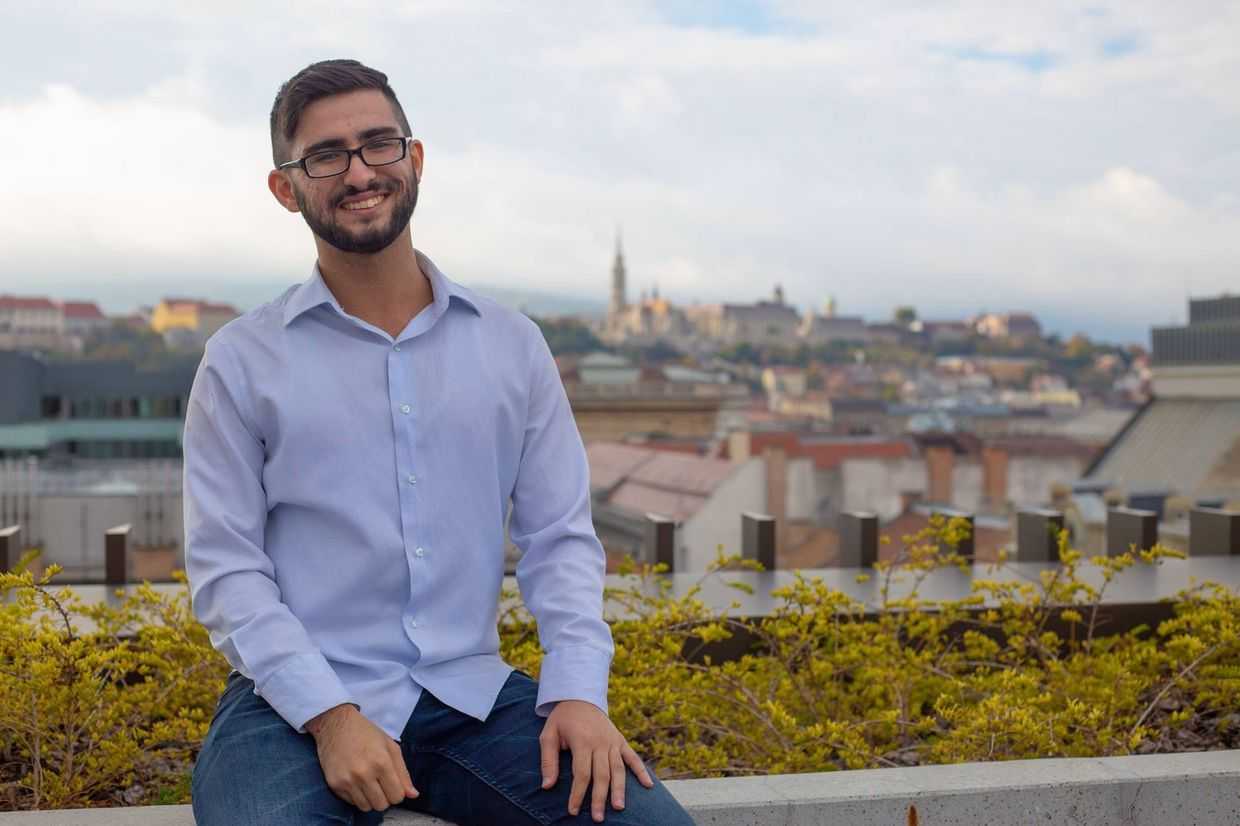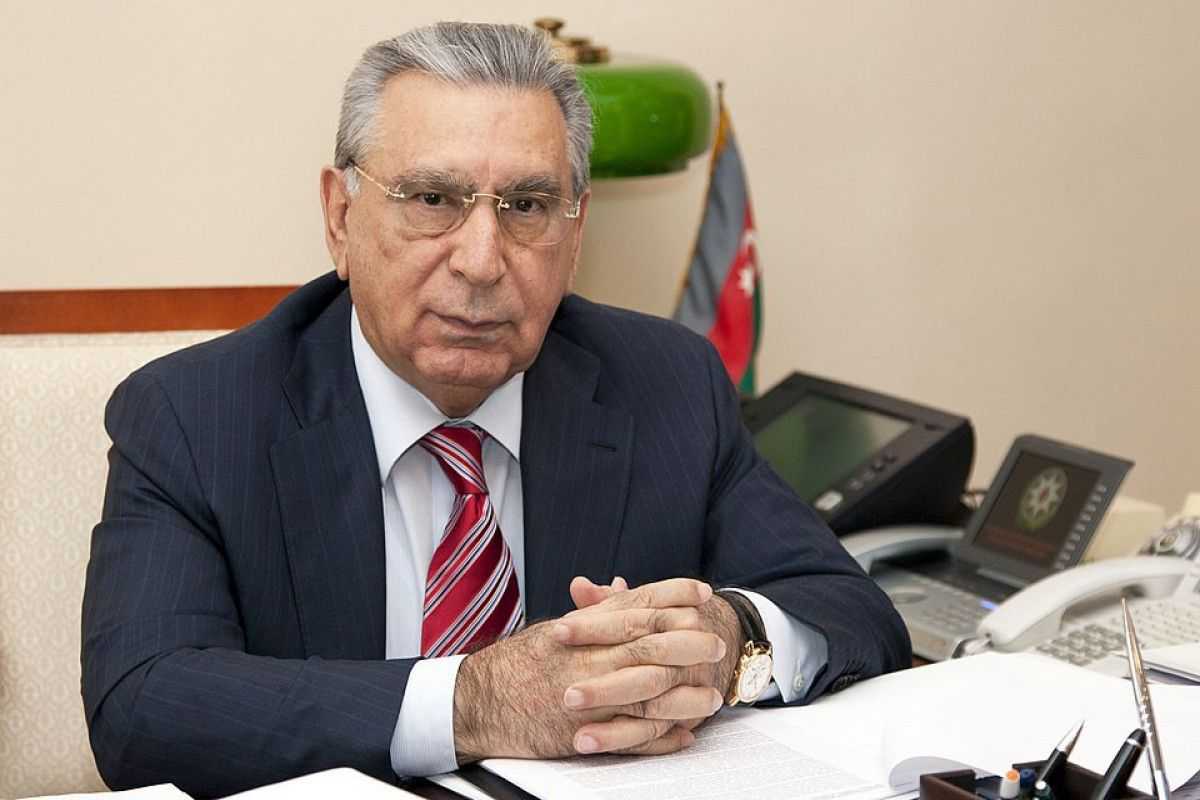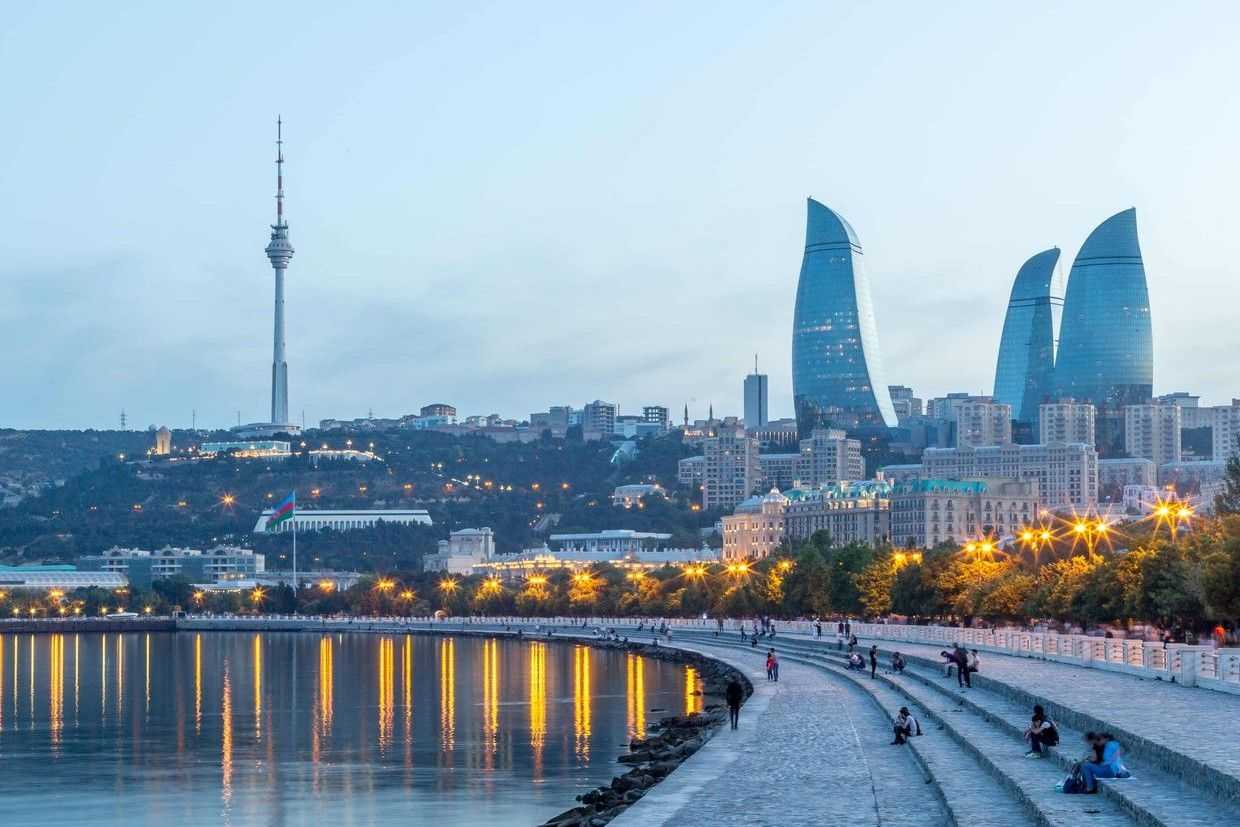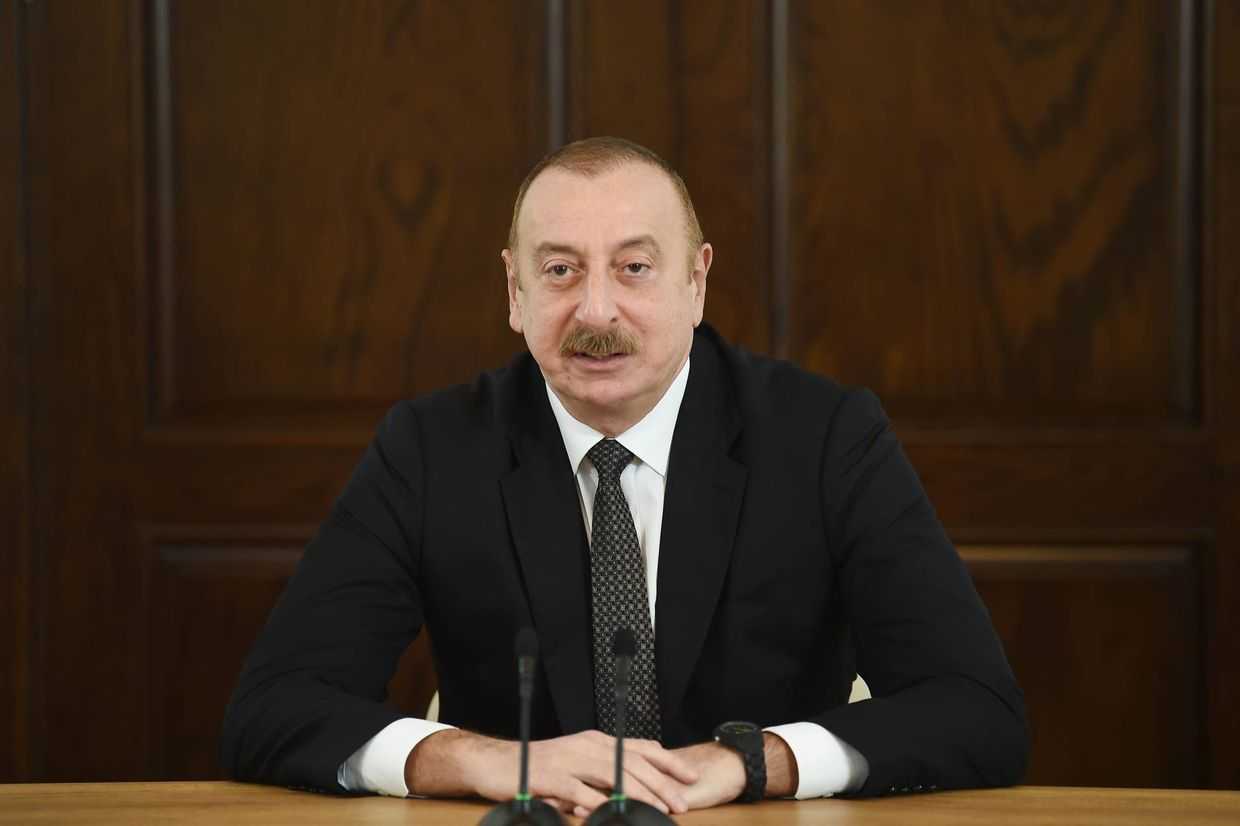Azerbaijani member of Putin’s United Russia party withdraws from local election after backlash
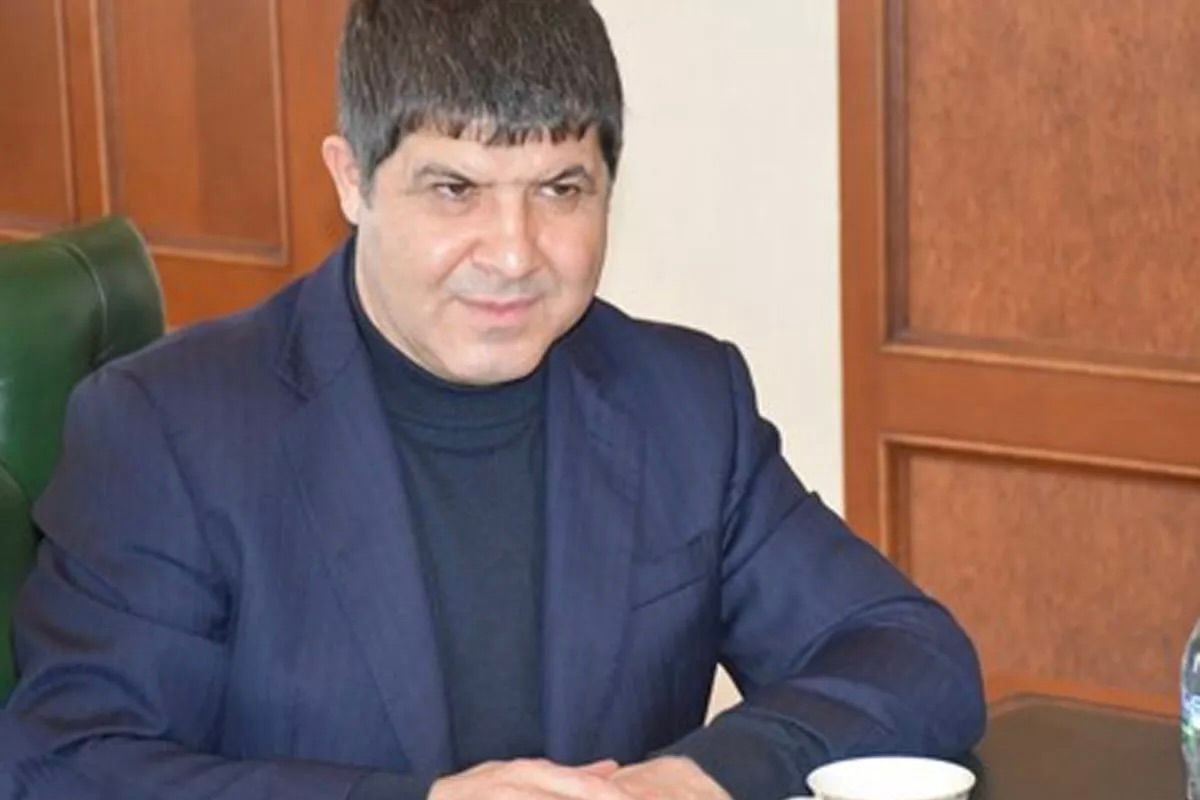
Asif Mammadov, a leader of the Azerbaijani diaspora in the western Russian city of Ivanovo, has been forced to withdraw from upcoming municipal elections despite being nominated by the ruling United Russia party.
Mammadov’s candidacy had drawn significant attention from pro-Kremlin bloggers and pundits, many of whom complained about Mammadov’s support for Azerbaijani President Ilham Aliyev at a time when Moscow’s relations with Baku are at an alltime low. In addition, others alleged that Mammadov speaks Russian ‘poorly’ and that he was implicated in criminal schemes or other corruption issues.
The popular pro-government blogger Yury Podolyaka, who has more than 3 million subscribers on Telegram, criticised Mammadov several times. In particular, he linked a video of Mammadov introducing himself as a candidate, during which Mammadov speaks in Russian with an accent and makes a few pronunciation mistakes in his comments.
In his post on Telegram, Podolyaka criticised Mammadov’s command of Russian, saying ‘he doesn’t even bother to learn the language’.
‘Does anyone believe that with such “respect” for the language, and consequently for Russian culture, this person is going to care about the residents of the region?’.
In a separate post, Podolyaka claimed that Mammadov believes ‘his country to be Azerbaijan, not Russia’.
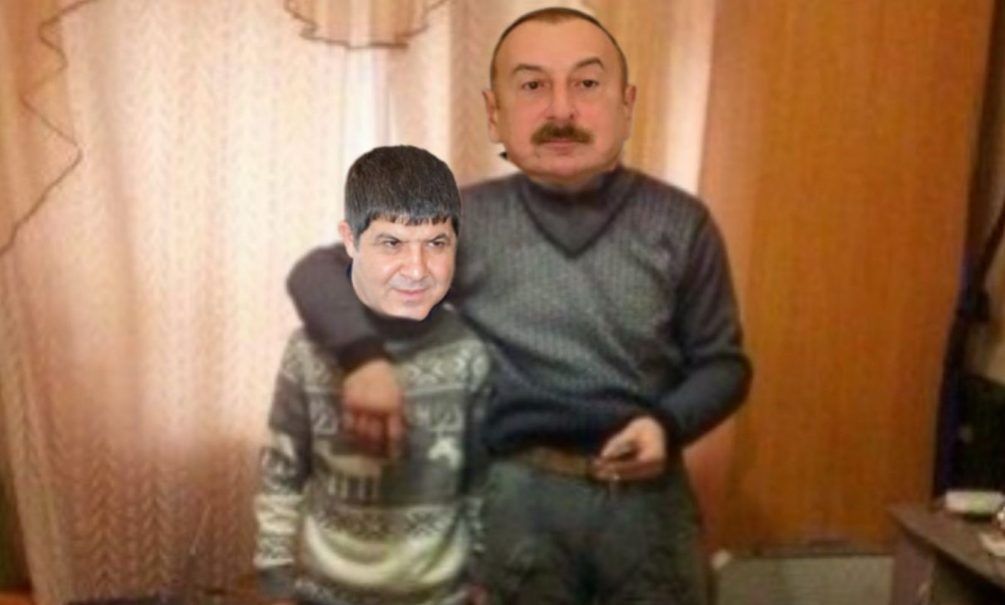
Podolyaka also explicitly linked his concerns over Mammadov’s candidacy to the ‘anti-Russian stance of Azerbaijan’, while also mentioning the ‘personal position’ of Aliyev towards Russia, and the issue of detained Russian nationals in Azerbaijan. Podolyaka was referring to a number of Russians who were arrested in Baku over the summer, including some representatives of the state-run media outlet Sputnik Azerbaijan. Russian officials have said their release would be a significant help in normalising relations between the two countries.
The criticism towards Mammadov was not just limited to bloggers — the prominent Russian propagandist and TV host Sergei Mardan devoted an entire segment to smearing him while repeatedly referencing Mammadov’s Azerbaijani ethnicity. Mardan also noted that if Mammadov’s candidacy were to go forward, he would almost certainly win, and urged members of the United Russia party to ‘think carefully’ ahead of the election.
The local election board in Ivanovo moved to cancel Mammadov’s registration as a candidate following the scandal, although it is unclear if the attacks by Podolyaka, Mardan, and others were explicitly mentioned in the reasoning.
The Azerbaijani pro-government media outlet Caliber then responded to the debacle with a scathing critique, arguing that the ‘level of Azerbaijanophobia in Russia is reaching unprecedented heights’.
Caliber called the rhetoric from Mardan ‘pure, unadulterated Nazism, stripped of any disguise’, and asserted that ‘in today’s Russia, Azerbaijanis could face the same kind of treatment that Jews endured in Nazi Germany’.
The scandal over Mammadov comes at a low point in Azerbaijan’s ties to Russia, fueled by the deadly crash of an Azerbaijan Airlines (AZAL) flight in December 2024, which Baku has blamed on Russian air defence, as well as the deaths of two ethnic Azerbaijanis during a Russian police raid in Yekaterinburg in June 2025.

This article was translated into Armenian and republished by our partner CivilNet.





